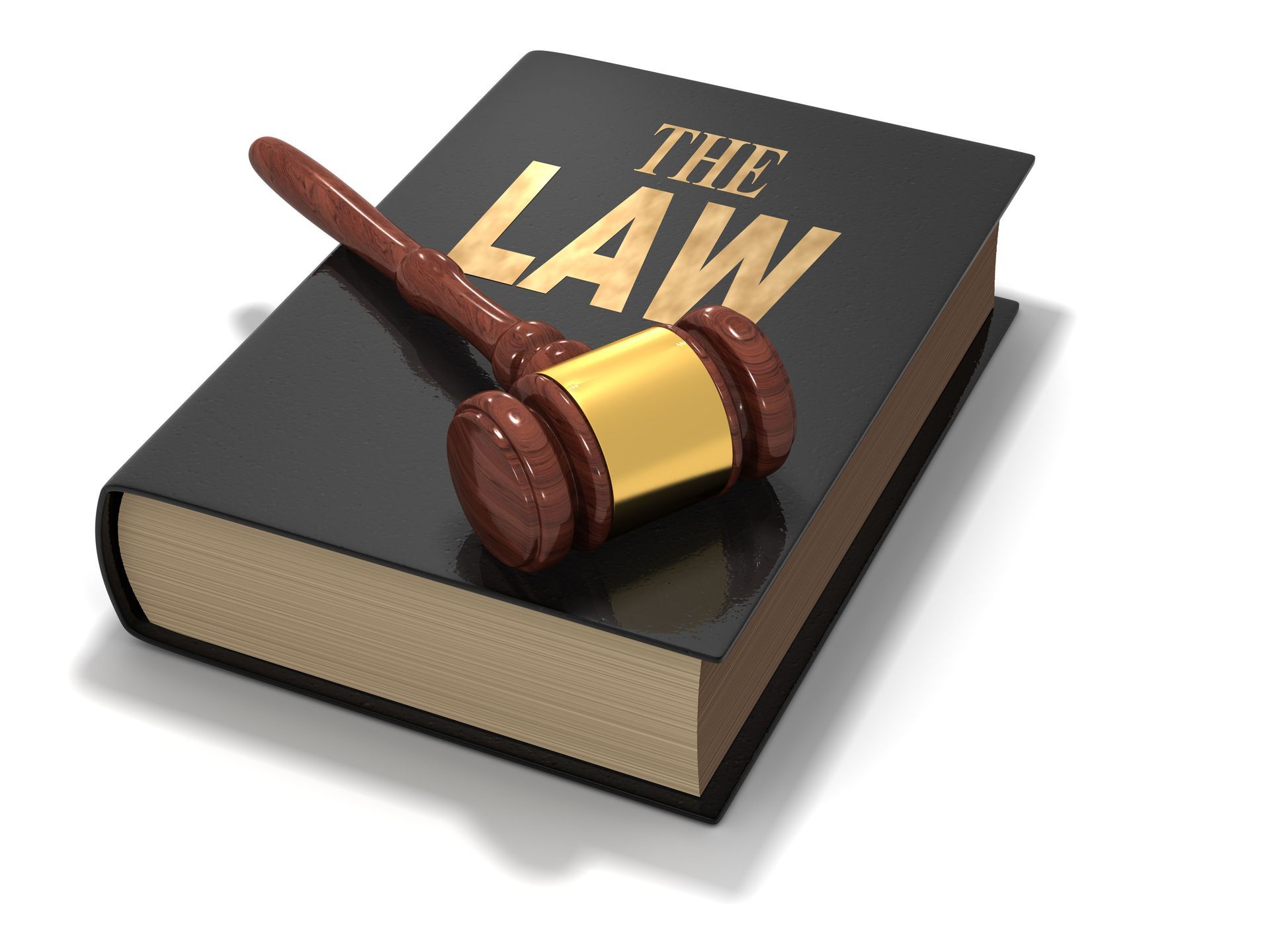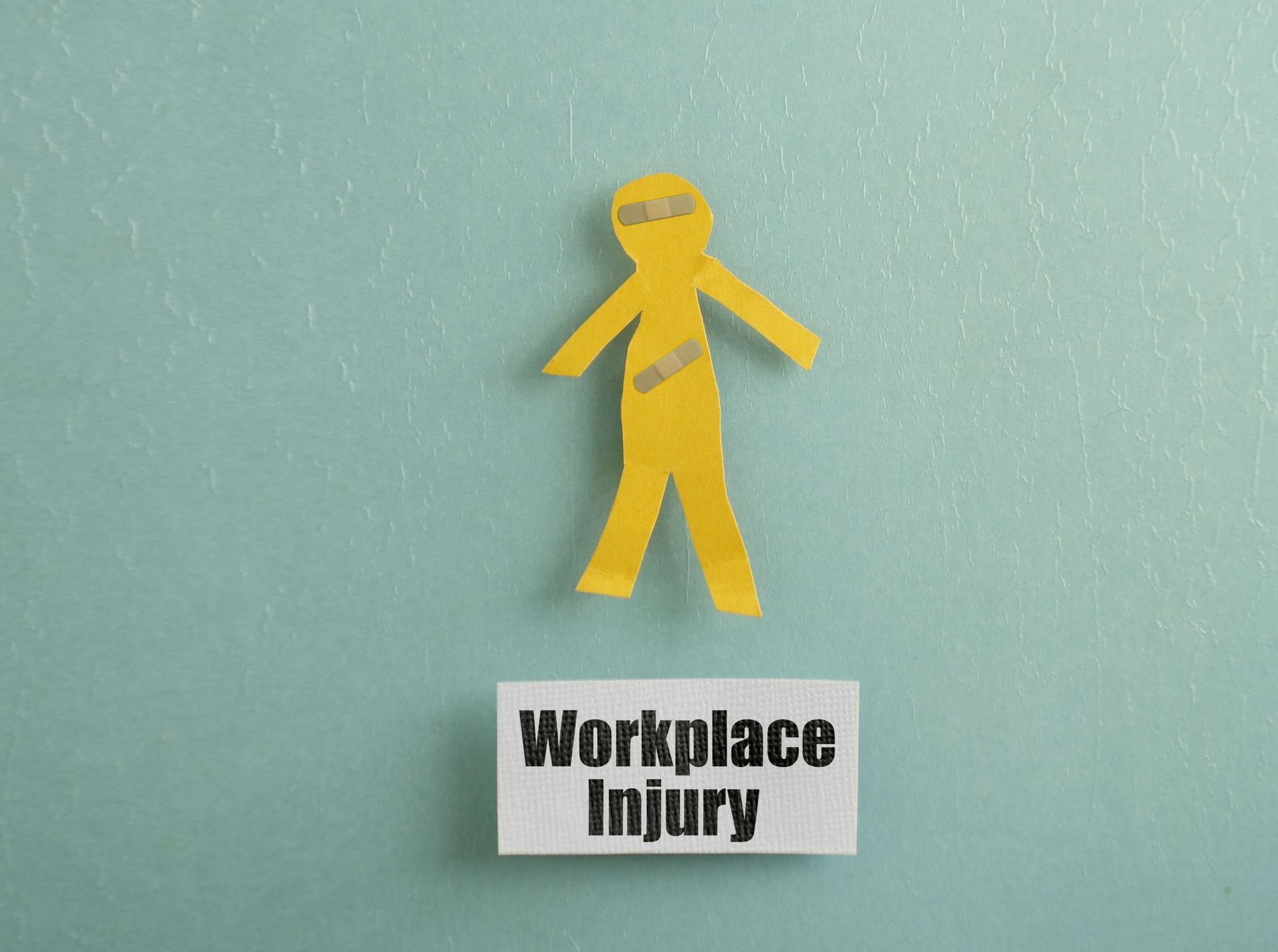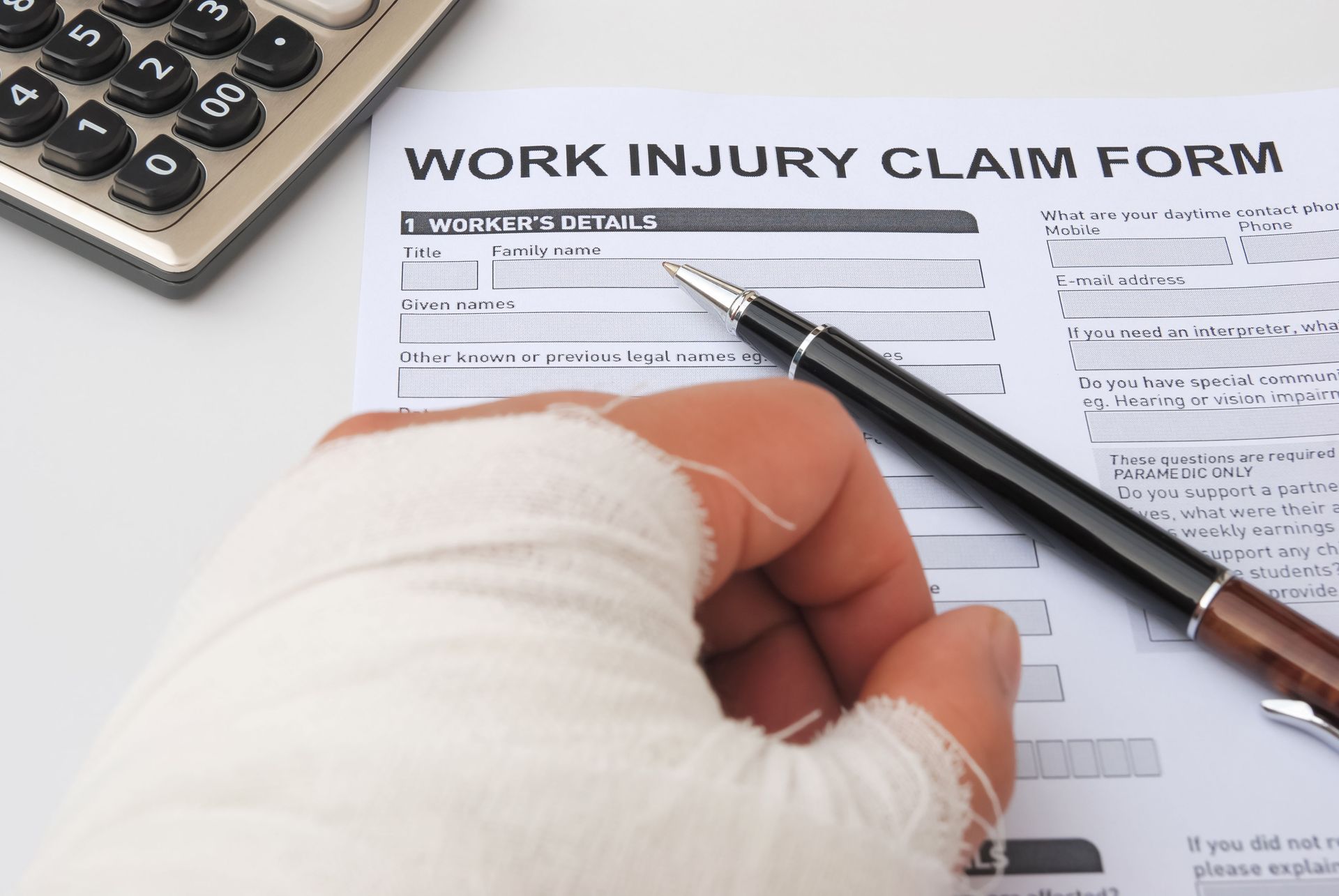How Do Explosion Injury Settlements Get Determined?
Highlights:
- Explosion injury settlements weigh economic losses, non-economic harm, insurance limits, and litigation risk.
- Evidence quality, expert testimony, and causation clarity strongly influence case value.
- Defense discounts for uncertainty; mediation and timing can shift offers.
- Local strategy matters—Fort Dodge, IA claimants benefit from counsel familiar with Iowa venues and insurers.
- Schnurr Law Firm, P.C. helps injured clients present full, well-documented damages for fair compensation.
Explosion cases are uniquely complex because they blend catastrophic injuries with technical questions about fault, engineering, and safety compliance. Settlement valuation starts with a clear accounting of losses, but it quickly expands into questions about proof, insurance layers, and trial risk. In Fort Dodge, IA, claimants and insurers also weigh the tendencies of local courts, the availability of expert witnesses, and jury sensitivity to industrial, residential, or commercial incidents. This article explains the moving parts behind settlement numbers, why they vary widely, and how experienced counsel helps anchor negotiations to the full value of your claim.
Economic and Non-Economic Damages
The backbone of any settlement is the calculation of economic damages. These include past and future medical expenses, rehabilitation and therapy, medications, assistive devices, transportation to care, and wage losses or diminished earning capacity. Non-economic damages compensate for pain, emotional distress, loss of enjoyment of life, scarring, and disability. In Iowa, there are generally no caps on non-economic damages in personal injury cases unless they involve medical malpractice, where specific statutory limits apply.
Liability and Fault Considerations
Causation and liability strength can expand or constrict value dramatically. When evidence shows a negligent contractor, product defect, or code violation sparked the blast, defendants perceive greater trial risk and raise offers. If fault is disputed—or multiple entities blame one another—insurers discount for uncertainty. Under Iowa Code § 668.3, comparative fault rules apply, meaning an injured person can recover damages reduced by their percentage of fault, as long as they are not more than 50% responsible. In multi-defendant scenarios, contribution and indemnity disputes often play out behind the scenes, influencing how each insurer contributes to a global settlement and how quickly negotiations progress.
Frequently Asked Questions
What if several companies may be responsible?
Your lawyer can pursue each potentially liable party; overlapping coverage and contracts often lead to a joint settlement.
Do non-economic damages really move the needle?
Yes—credible narratives, medical support, and witness testimony can meaningfully increase settlement value.
Will a partial fault finding destroy my claim?
Not necessarily. Under Iowa law, you can still recover as long as your share of fault does not exceed 50%, but your compensation will be reduced proportionally.
Insurance architecture often dictates the practical ceiling. Primary liability policies, excess layers, and umbrella coverage can all be in play, especially after large-scale explosions. Defense carriers gauge exposure by testing the credibility of your medical opinions, life-care plan, and vocational assessment. High policy limits do not guarantee a high settlement; they simply set the available fund if liability is proven. Conversely, low limits can constrain negotiations even in strong cases unless other defendants, additional coverages, or bad-faith leverage broaden the path to full compensation for the injured party.
Evidence and Documentation Quality
Evidence quality affects every dollar. Photographs, incident reports, safety logs, and maintenance histories help reconstruct the mechanism of the explosion, while treating records and expert analyses tie injuries to the event and forecast future needs. According to the Bureau of Justice, parties calibrate settlement decisions using perceived trial outcomes, which are powerfully shaped by documentary strength, expert credibility, and juror-facing clarity. The clearer the paper trail and testimony, the less discount defendants can justify in negotiation.
Valuing Future and Long-Term Damages
Future damages push valuations higher when supported by specifics. A life-care planner can itemize long-term costs for surgeries, therapies, home modifications, mobility aids, and attendant care. A vocational expert can explain how functional limits impact employability and lifetime earnings. Economic experts then convert these projections into present-value numbers. Defense teams often challenge assumptions—like treatment frequency or wage growth—and apply "risk" reductions. Your attorney's job is to defend the projections with data, real-world prices, and aligned clinician opinions, narrowing the gap between demand and offer.
Frequently Asked Questions
How are pain and suffering valued?
There’s no universal formula; attorneys rely on comparable verdicts, injury severity, permanence, and the human story to justify figures.
Can structured settlements help?
Yes. Periodic payments can provide tax and budgeting benefits for long-term needs, and sometimes unlock better offers.
What if I need surgery years later?
Well-built life-care plans anticipate staged procedures, so future surgeries should be priced into the settlement demand.
Mediation often serves as the pressure-tested setting for resolution, where a neutral helps both parties evaluate liability odds, witness credibility, and damages models. According to the American Bar Association, effective mediators focus on clarifying interests, exchanging risk-based valuations, and identifying areas of overlap, which can lead to creative settlement structures such as step-up payments, confidentiality clauses, or tailored releases. Plaintiffs benefit by coming prepared with a clear brief, supporting visuals that explain the explosion mechanism, and a realistic settlement range grounded in both best-case outcomes and litigation uncertainties.
Workplace Explosion Context
Workplace explosions bring regulatory overlays and sometimes extra remedies. Safety standards, training mandates, and incident investigations provide fertile ground for liability arguments against non-employer third parties, and exclusivity doctrines often define how workers’ compensation intersects with third-party claims. Under Iowa Code § 85.20, workers’ compensation is generally the exclusive remedy against an employer, but injured workers can still pursue claims against negligent third parties such as contractors or equipment manufacturers. According to the Occupational Safety and Health Administration, strict controls govern the storage, handling, and use of explosive and blasting agents in industrial settings, and deviations from these standards can indicate systemic safety failures. When investigations reveal violations or ignored hazards—especially if corporate policy conflicts with actual practices—defendants’ trial risk and settlement pressure often increase.
Defense Discounts and Counterstrategies
Defense discounts are inevitable, but they can be managed. Carriers stress causation gaps, pre-existing conditions, or alternative explanations for symptoms to push numbers down. Plaintiffs counter with consistent medical timelines, diagnostic imaging, functional capacity evaluations, and testimony from family or coworkers about activity changes. Demonstratives—like blast diagrams and before-and-after photos—help jurors understand stakes, which increases defense concern about a runaway verdict. Tactically, well-timed depositions and dispositive-motion responses can improve leverage by exposing weaknesses in the other side’s narrative before mediation.
Frequently Asked Questions
Will the settlement cover liens and subrogation?
Typically yes; health insurers and workers’ comp carriers may assert liens that must be negotiated and resolved from the proceeds.
Can offers change late in the case?
Definitely. New evidence, expert rulings, or trial dates often trigger significant movement by insurers.
Do confidentiality terms affect value?
Sometimes. Defendants may pay a premium to avoid publicity, which can help close the gap.
Local knowledge also matters. Fort Dodge, IA juries, scheduling patterns, and discovery practices shape litigation budgets and risk tolerance. Counsel who understand regional verdict ranges and insurer habits can pitch a demand that is ambitious yet credible. Schnurr Law Firm, P.C. builds settlement presentations around verified numbers, persuasive visuals, and Iowa-specific damages rules so adjusters can justify authority. That blend of precision and storytelling shortens the path to fair value while preserving the option to try the case if negotiations stall or low-ball offers persist.
Building Toward Fair Compensation
In the end, the "number" is not a mystery formula—it is an evidence-backed estimate of what a jury might do, discounted for uncertainty, and bounded by insurance. Your job is healing; your lawyer’s job is aligning facts, medicine, and law so insurers must reckon with the full picture. If you or a loved one suffered harm in a Fort Dodge, IA explosion, start early, document everything, and partner with advocates who can carry the valuation burden while you focus on recovery and the road ahead.











Share On: